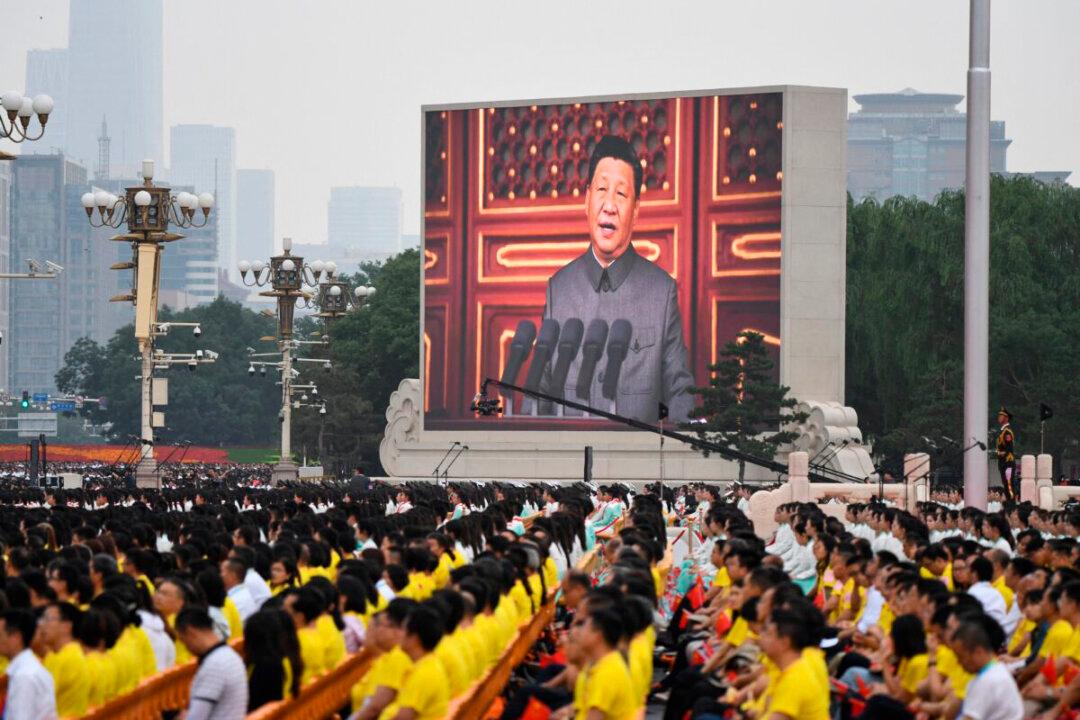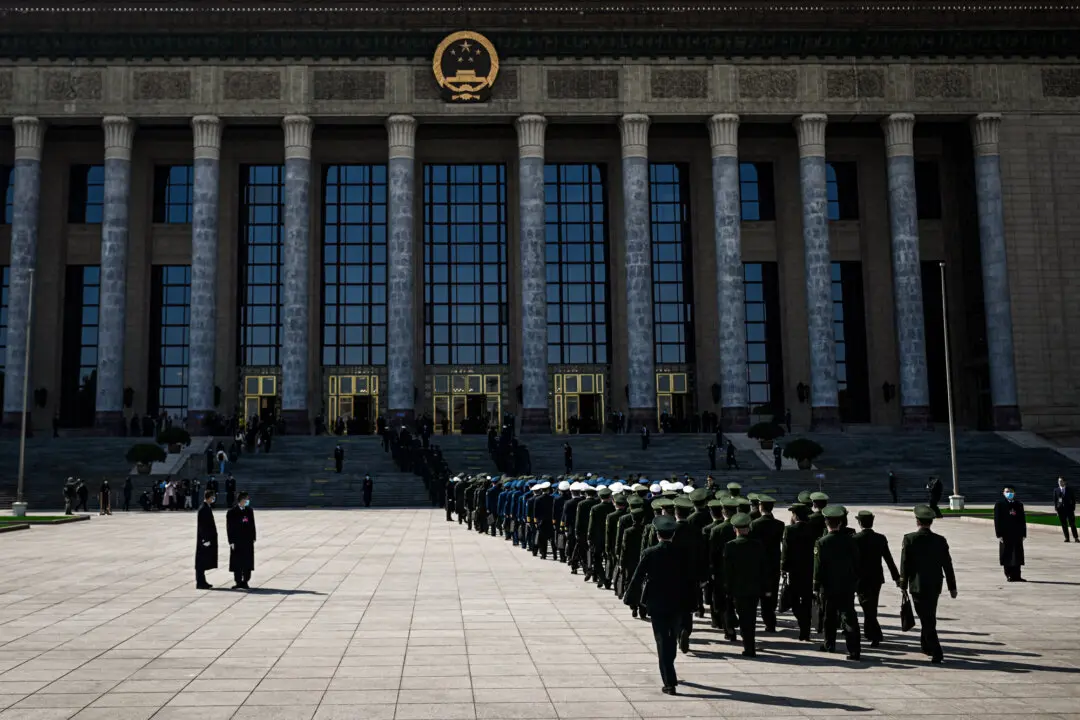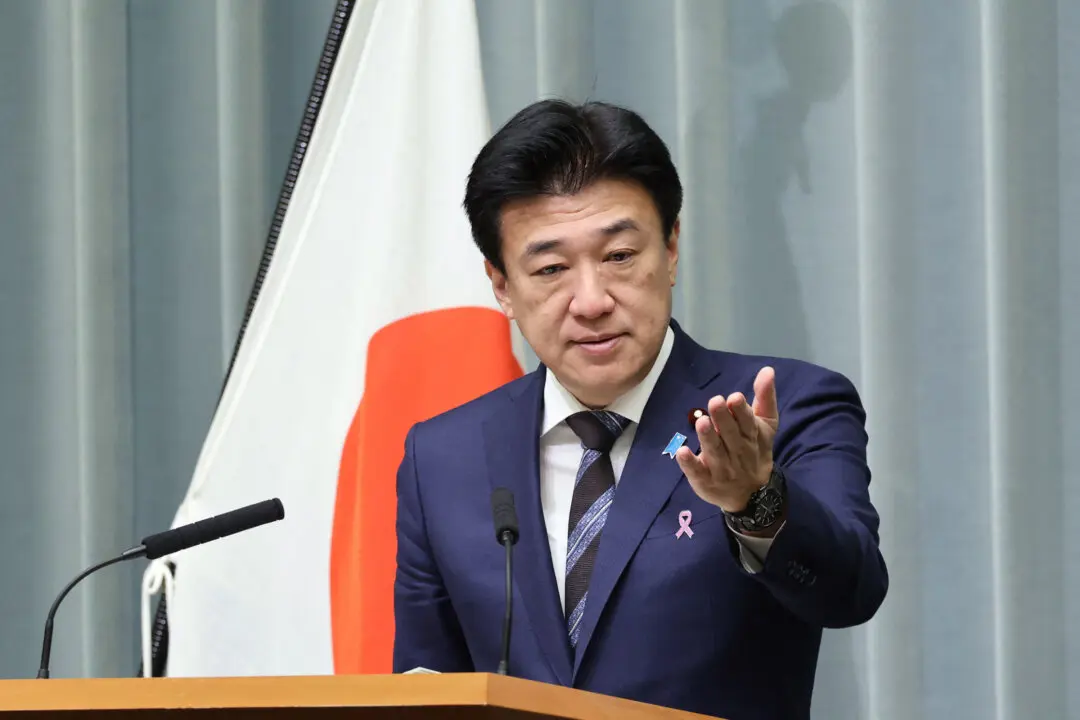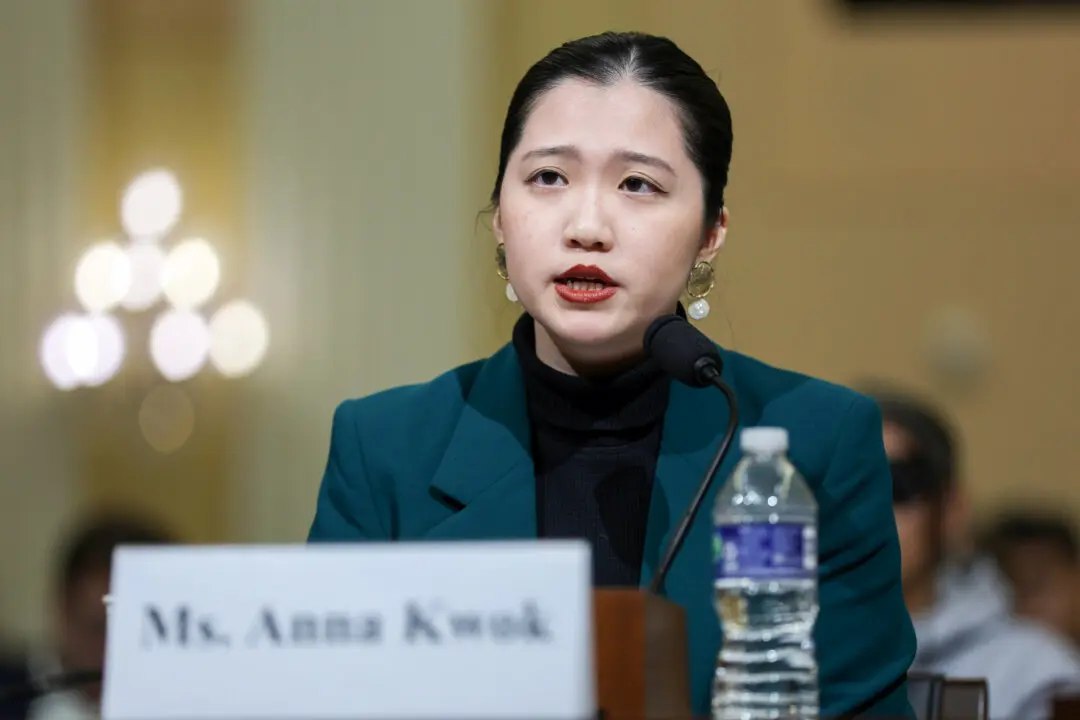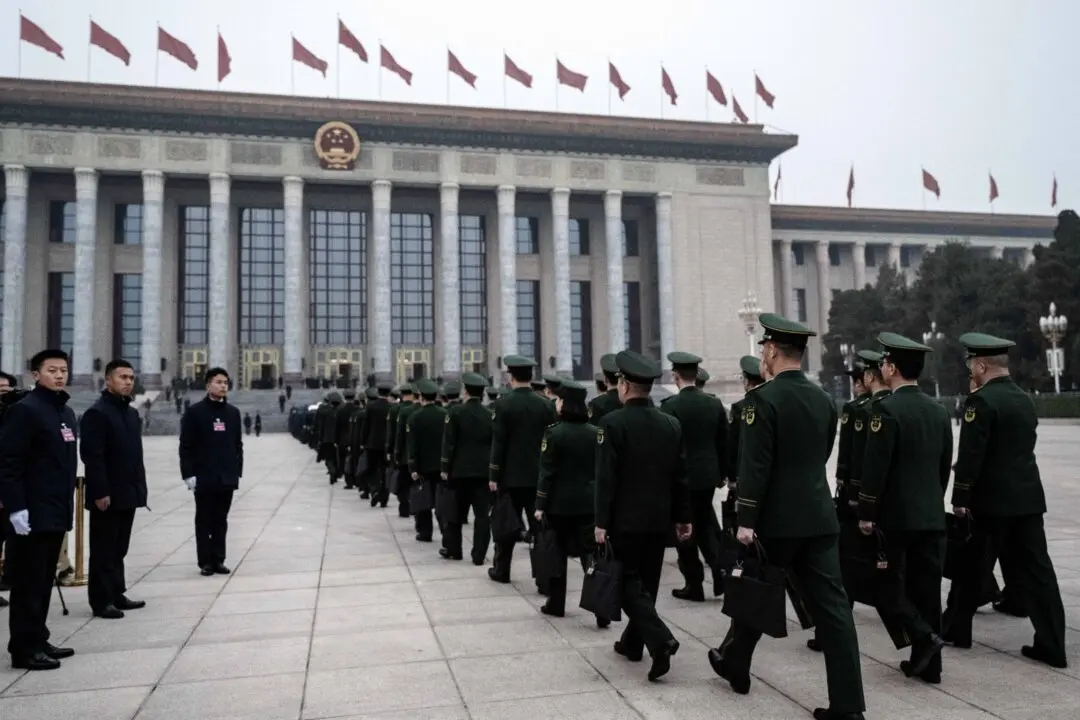The Chinese regime is calling on its citizens to join counterespionage work, a move aimed at stoking nationalism and solidifying the Chinese Communist Party’s authoritarian rule. However, the emphasis on national security will harm the regime itself, analysts say.
In a rare move, China’s Ministry of State Security, the central agency overlooking intelligence and security operations at home and abroad, established an official account on the Chinese social media platform WeChat that went live on July 31.
